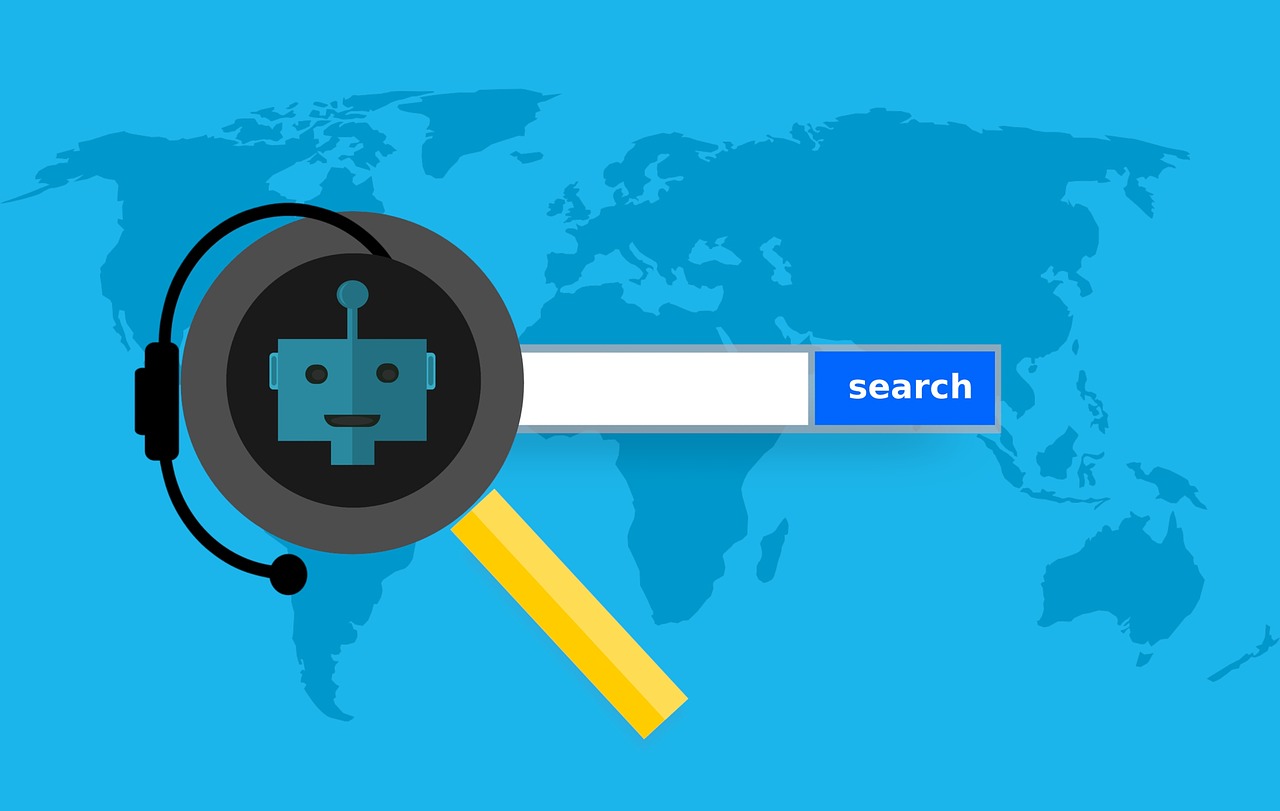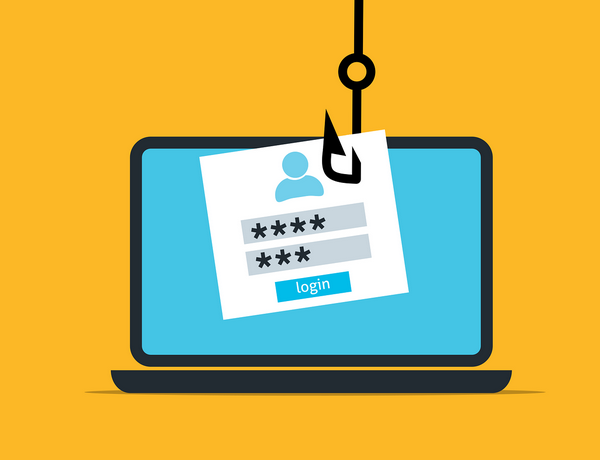Types of search queries
December 24, 2021 - Reading time: 6 minutes
Having entered the phrase into the search line, a person wants to find the necessary information, buy a product, order a service, chat or watch a broadcast. Search engines, in turn, try to provide the most relevant pages of sites. In this article, we will look at the main types of search queries.

In 2017, Google disclosed the approximate number of processed requests: there are at least 2 trillion of them per year, or about 63 thousand requests per second, of which about 15% are previously unknown requests.
There are a lot of requests and their number is growing every second. But why and who needs this information? This article will be useful for beginner SEOs and business owners. For the first, it will help in drawing up the semantic core of the site and distributing requests across pages, for the second - for a basic understanding of what requests their site can appear in search results and to control their promotion contractor.
Request intent
To begin with, it should be clear that each request corresponds to a specific intent. What is it? The intent is the user's need. There are requests with a precise need, for example, "taxi washington". It is clear here that a person needs to call a taxi and get from point “A” to point “B”. But if he simply enters “taxi” into the search engine, then perhaps, instead of ordering a service, he wanted to watch the movie “Taxi”.
Search query classification
By frequency:
- High-frequency (HF) queries are usually key in a niche and consist of 1-2 words. As a rule, it is quite difficult to bring them to the TOP due to high competition, especially in large cities. To advance to the first positions for such keywords, it is necessary to develop the site on all fronts: here is the technical part, excellent usability, and a high-quality link profile - in everything you need to be better than your competitors.
- Medium-frequency (MF) queries give less traffic, but are also more targeted. Usually they include up to 4-5 words and lead to the pages of sections and subsections of the site. They have a higher conversion compared to HF requests.
- Low-frequency (LF) queries are the most rarely requested phrases, usually consisting of 4-5 words. They are the easiest and cheapest to promote in organic and paid search. Many SEOs refuse such requests due to the fact that they will not bring a lot of traffic to the site. But you should always remember that they are the most converting ones.
By the competitiveness of the request:
- Highly competitive (HC) requests
- Medium Competitive (MC) queries
- Low Competitive (LC) Requests
The competitiveness of the request shows how difficult it will be to move the page to the TOP of the search results. There is no specific formula for this indicator; each SEO specialist chooses the most suitable calculation method for himself (KEI, third-party services).
By geo-dependency of the request:
- Geo-dependent. Are not geo-referenced within the query itself and the results are generated based on the user's location. A trivial example is “to cure a tooth inexpensively”. For a user from New York, an issue with New York dentistry will be shown, for a person from Chicago - with Chicago clinics.
- Geo-independent. Queries without reference to a region (since this region is already specified in the query), the search results will not depend on the user's location. Examples of queries: “how to fix a refrigerator”, “how to cook a cheesecake” and commercial ones like “cure a tooth in DC” In this case, the issue for a person, wherever he is, will be approximately the same.
By business value:
- Commercial queries are the most favorite queries in SEO-promotion of sites for goods and services. Examples: “iphone13 price”, “order contextual advertising” and similar. These are the “hottest” requests with high conversion, a person enters them into the search when he already knows the intention to purchase something. Signs of commercial inquiries:
- There are marker words - “buy”, “price”, “order”;
- There is a bundle of product/service + toponym - "Ferrari rental near me", "exotic car rental Dubai". As you see there is no need to insert extra words like your address or prepositions. Just what you search for and where – this is how you’ll get results on how to get the most luxury driving experience, what models are included into the sportscar category, and which VIP cars are now available for renting. The smart algorithm will search everything for you.
- When analyzing SERPs in a search engine, almost the entire TOP will be occupied by commercial sites; - Information requests (or non-commercial) - requests that are entered without the desire to buy/acquire something. Examples: “iphone 13 pros and cons”, “how to set up contextual advertising”. Such requests will bring additional traffic to the site, and some of the visitors may become potential buyers in the future. In addition, through informational articles, you can show your expertise and gain trust in absentia.
Seasonality:
- Seasonal requests - requests, the frequency of which depends on the time / season. Example: “gifts for the new year”. Seasonality can be tracked using Google Trends.
- Off-season requests - requests for goods / services, the demand for which is kept at the same level. Examples: “buy a watch”, “buy a hard drive”.

Other types of requests:
- Generalqueries are high frequency monosyllabic queries, for example, “coffee”, “book”, “laptop”. It is not clear from them what the user would like to know: the cost of a laptop in an online store or an article on how to choose one. For such general phrases, they are purposefully not promoted either in SEO or in contextual advertising , because in terms of the amount it will come out very costly, and the conversion will be very low.
- Transactionalrequests are requests by entering which the user wants to perform a certain action. Examples are “buy a Christmas tree”, “download a Muse album”. Very often, transactional and commercial requests overlap.
- Navigationqueries are queries that are entered when they want to get to a specific site. Examples: “shop apple how to get there”, “zara address”.
- Vitalqueries can be classified as a type of navigation query. They consist of only one word - the brand name, without additional explanatory words. The goal is to bring it to the official website of the company.
- Media queries - queries to find media content. Typically these phrases contain the words “photo,” “video,” “clip,” and other markers.
The classification of search queries into different types is convenient not only for SEO specialists, but also for search engines, as it allows you to make the search results more relevant and form the most accurate answer to the query.
Author: Evelina Brown
Integrating AI With Cyber Security: How it Works in 2022?
November 11, 2021 - Reading time: 5 minutes

Source: Pixabay
Cybercriminals have changed their tactics and are now leveraging modern technology to plan and execute attacks. Businesses have had to up their games and use more robust technology to thwart these attacks and secure their networks.
Artificial intelligence has emerged as one of the most influential modern cybersecurity solutions. Most businesses are harnessing AI’s immense potential to secure themselves from attacks. As a business, a way to enhance your existing security systems is by including AI in your plans.
With AI, you’ll make threat detection, identification, and incidence response faster. This will make it easier to prevent or mitigate the impact of security threats on your business. Now, this post looks into how integrating AI into cybersecurity works and what are its benefits.
Let’s dive in!
Enhance Cybersecurity With AI Technology
AI is an excellent solution to the heightened security challenges businesses face today. But many business owners don’t know how to add it to their security plans effectively. The reality is, you don’t need to overhaul your security systems to include AI in your defense.
It can be as simple as buying cheap proxies and integrating them into your network. Proxies are technical solutions that can help you increase the security of your systems. For instance, you can use them to secure your employees’ internet access and control traffic on your network.
However, choosing the right proxies is key to enjoying the full benefits these tools bring. You should consider factors like the type of proxy, price, seller, and user reviews. When buying cheap proxies, keeping these factors in mind will help you find a perfect AI solution for your security needs.
With the correct proxy, you can reduce the chances of suffering a data breach. A cheap shared proxy integrated with your cyber security systems adds an extra security layer. This makes it a solution worth considering if you want to incorporate technology into your cybersecurity strategy.
Why Integrate AI With Cyber Security?
(1) It Provides a Competitive Advantage
AI can help you automate essential security functions in your business. It adds efficiency and makes humans more productive in their security roles when applied. You can also combine AI with solutions like a cheap shared proxy to enhance your network’s security.
AI will help you make the most of your security architecture. It augments human capabilities and makes it easier to create more business value by supporting decision-making and other functions. In the end, this gives businesses the competitive advantage they need to succeed in their industries.
(3) Its Support To Cyber Security Keeps Growing
AI is one of the fastest-growing modern technologies. Research done by Statista shows that the AI market share could reach 126 billion U.S. dollars by 2025. But then, its impact in the cybersecurity world has also grown at a fast rate in recent years.
Today, cybersecurity professionals AI solutions for various tasks. However, security professionals are yet to leverage the full potential of AI. That’s why its usage in cybersecurity has been doubling every year in recent times.
You can expect to see more growth in the future as more businesses adopt it. Besides, AI is getting better every day and these advancements will see it gain more ground.
(3) It Will Minimize Human Error

Source: Pixabay
Human error can affect a business’s ability to reach its cybersecurity goals. This is why security professionals are looking to reduce human interaction with security systems. Minimizing this can help ensure consistency in their security strategy and make tracking their security efforts easier.
AI is the best tool to prevent human error in a business. You can integrate it with your manual processes to bring automation into your business. This will help you mitigate product or service inconsistencies. The result will be better customer experiences and more profitability.
(4) It Imparts Cyber Security Teams
With New Skills Integrating AI with cybersecurity prompts security professionals to learn new skills. You cannot implement AI in your cyber security strategy without acquiring new knowledge about the tools you’ll use. For instance, you need to know how you can make the most out of a high-speed proxy server.
As your team learns new skills, they also increase their competence in the field. It helps them find solutions to future security challenges. Your team will willingly learn new cyber security skills since employers will be looking for them in place of traditional skillsets when hiring in the future.
(5) It Meets the Cyber Security Needs of Businesses
Another reason to use AI in your business is because of its past success. Many businesses that have leveraged the power of AI have successfully enhanced their security. The heightened security needs today make many businesses consider technology an excellent solution.
AI meets the needs of small businesses and established ones that require more security. It also has proved effective for governments that require the highest levels of security. This previous success has made AI solutions worth considering today as a security-conscious business.
Conclusion
Cyber security is still a concern for many businesses - big and small. Also, it is an issue that governments are actively dealing with since they’re also targets of cyber-criminals. Individuals, businesses, and governments are turning to technology for better security.
AI, as discussed earlier, has proved to be effective for cyber protection. You can use it to ensure that your business remains safe from internal and external attacks. However, you’ll need to find the right tools and cheap shared proxies are perfect examples.
If going for a proxy, ensure that you buy from a reputable seller. Otherwise, you may not enjoy the full benefits you expect to get from it. You can research where to buy proxies on the internet to ensure you find a reputable seller. After that, you can integrate the solution into your strategy.
By Dani Martin